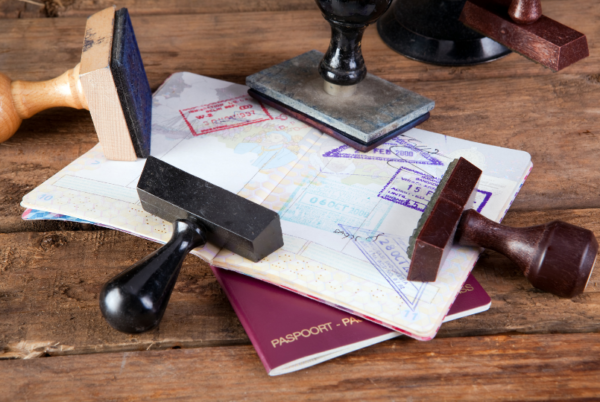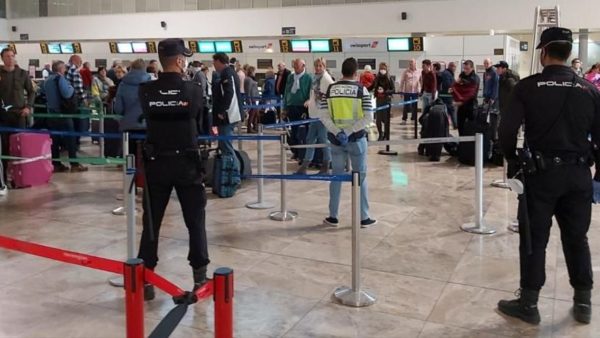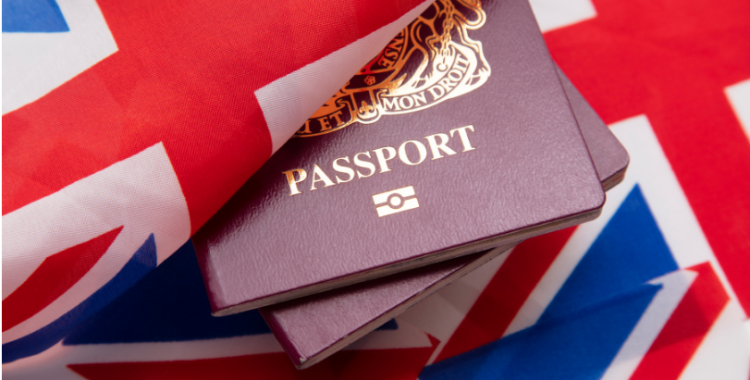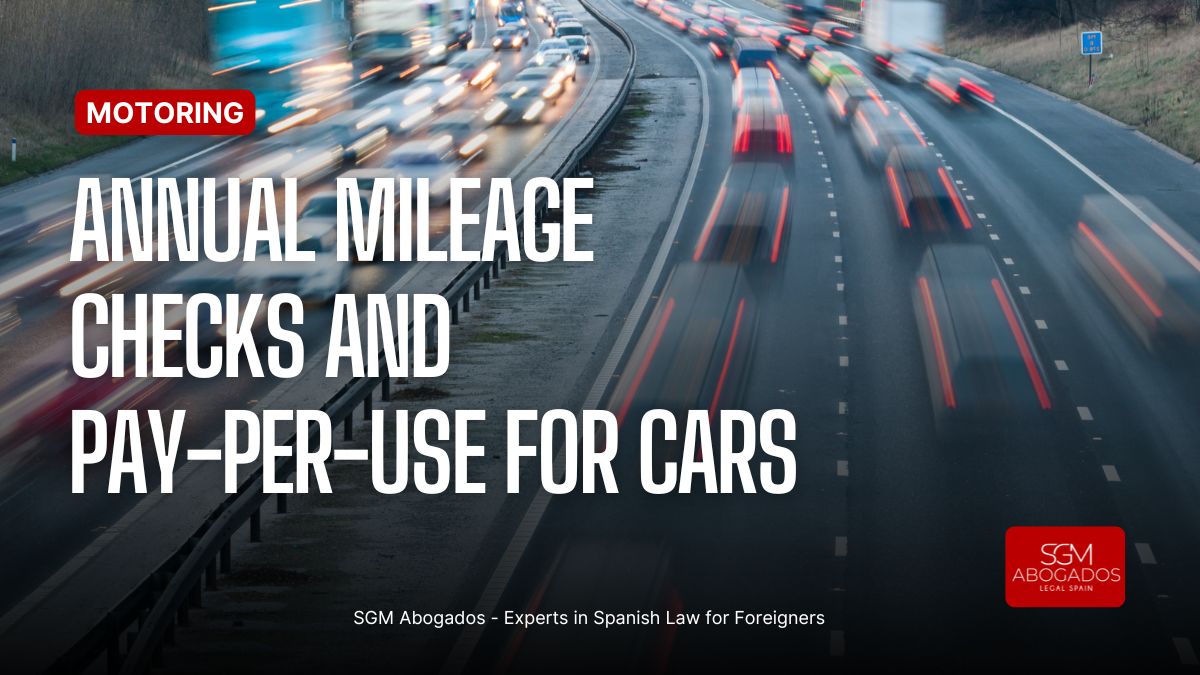Britons Lose £1000’s with EU Passport Rules
An increasing number of United Kingdom nationals are reporting a massive loss of money when attempting to travel to the EU, for as they claim, “confusing passport rules for entering the EU.”

Only last week, the BBC has reported that a family of five had lost £3,000 after the mother was told at the Bournemouth Airport that her passport was not valid for travel to the EU, though it expires only next year in February, as it was already older than ten years.
“When we were booking our holiday, we were only ever asked for our passport numbers and the expiry dates, nothing else. But the expiry date is apparently meaningless,” explains Nina Gurd, who was told that she needed a passport that was issued within the last ten years in order to be eligible to travel to the EU, SchengenVisaInfo.com reports.
Hers was originally issued in May 2012, which means that next month her passport was set to expire next month. However, since she applied for passport renewal before its expiration date, another nine months were added to it. While the passport is available to travel elsewhere, it is not accepted by the EU countries.

A week ago, Ana Tiganescu, a University of Leeds scientist, was forced to leave her husband and son at a Ryanair check-in desk after her passport was considered not valid for travel for the same reason.
In July 2021, there were reports that thousands of British travellers had cancelled their plans after being misinformed by the UK Home Office on the validity of their children’s passports through a malfunctioning passport validity checker run by the Home Office itself.
Passport Rules for Travelling to the EU
Since December 31, 2020, UK nationals are no longer eligible to benefit from the EU national status, as they are now considered third-country citizens to the EU authorities. Whereas since October 1, 2021, Brits must make sure their passports meet the rules of entry to the EU as third-country citizens, which are as follows:
- must be valid for a period of at least three months beyond a traveller’s intended date of departure from the EU
- must be no older than ten years on the date the traveller intends to leave the EU
The Dilemma of 3- or 6-Month Passport Validity
While the period of validity beyond the traveller’s intended date of departure is three months, travellers are highly suggested to make sure that on the day they return from the EU, they have at least six months more of validity left.
The reason behind such advice is that border guards assert that travellers often stay in the Schengen Area for longer than they claim they will, as third-country travellers who can enter visa-free are eligible to stay in the block fo
r a total of 90 days within any 180-day period. By asking travellers to have six months of validity left in their passports, border guards avoid having people with passports valid for less than three months staying in the EU.
Passport Stamping at EU Borders Causes More Problems for British Travellers
Another problem that has resulted in fines and prevention from entering the EU is also the issue of passport stamping at the EU borders.

While previously, border guards did not have to stamp UK passports, now, due to UK’s departure from the EU, all passports need to be stamped at the port of entry and exit. However, some border guards are still not stamping the passports, which is causing problems for British citizens.
In order to avoid such troubles, the UK Foreign, Commonwealth & Development Office (FCDO) has advised its citizens to make sure their passports are being stamped when entering and leaving the border-free Schengen Area.

“Check your passport is stamped if you enter or exit the Schengen area as a visitor,” the FCDO advises, further noting that at each EU border control, the border officers are obliged to check passports stamps to make sure that third country travellers are not overstaying the permitted period of stay in the Schengen Zone.
“If relevant entry or exit stamps are not in your passport, border guards will presume that you have overstayed your visa-free limit,” the Office further points out.











